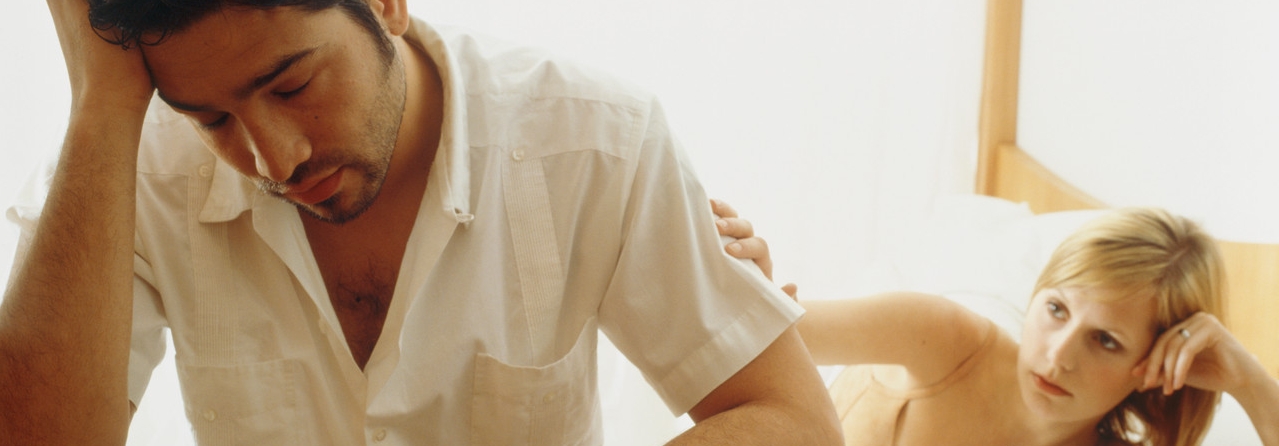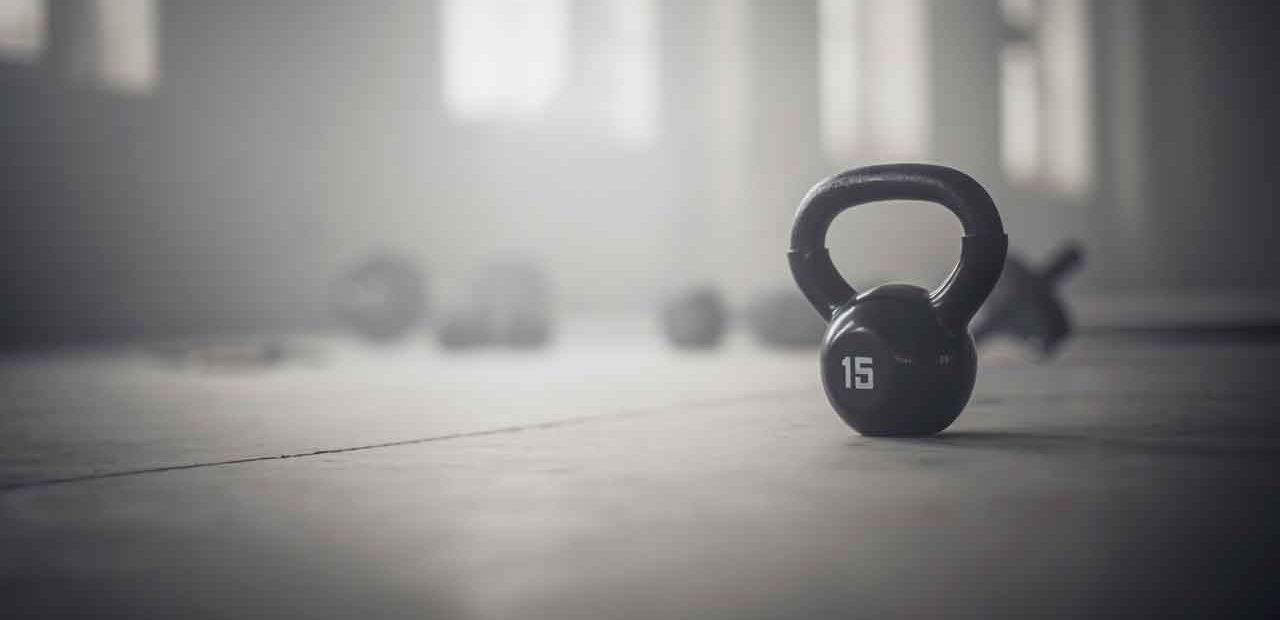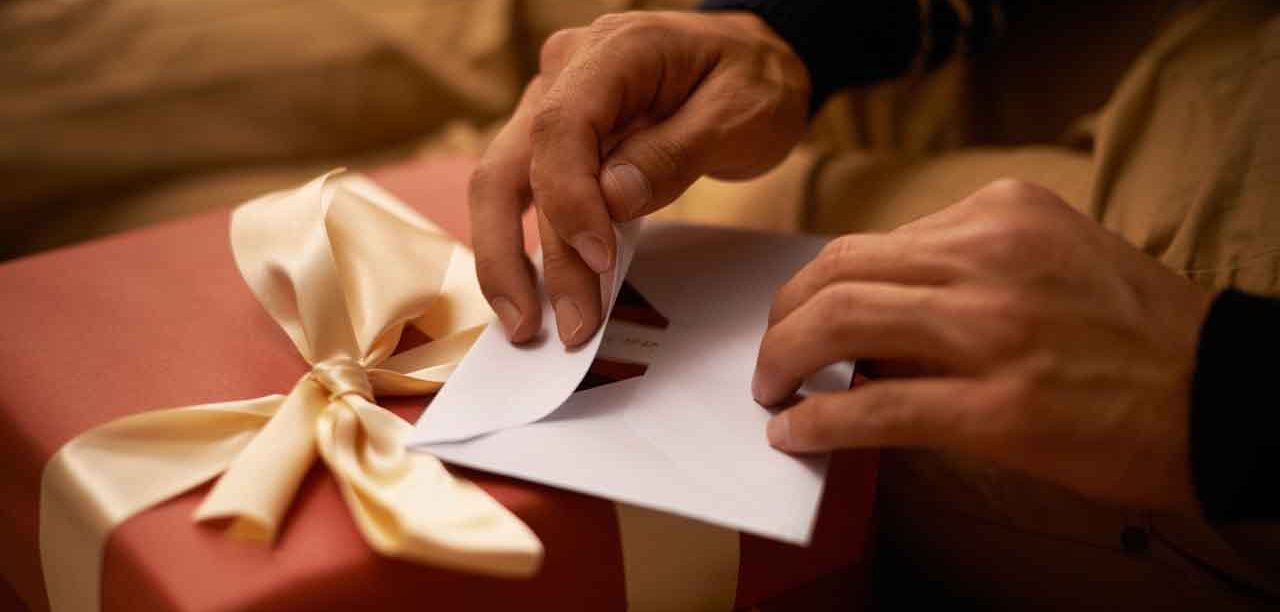February 14, 2018
Should I Stay or Go?

Choosing your romantic partner is a huge decision, if you take it seriously and want the relationship to last. I’ve contemplated marriage several times, and never decided Yes. Always I’m deeply hopeful and always I’m terrified. My bookshelf contains titles like “Everybody Marries the Wrong Person: Turning Flawed into Fulfilling Relationships.” That wonderful title is intended to make us hang in and work with the person we’ve got. In my case, I’ll try to fix and fine tune — but I don’t marry. I want to be the person who fixes the marriage before I marry.
Perhaps because I’ve never made the plunge, I am a close observer of how people make the decision to marry. In the romantic version, you feel strongly in love, strongly attracted, and have outstanding sex. That’s enough for romantics. Not me. I’ve felt “in love” and attracted to utterly unsuitable people and “in love” and “out of love” with the same person. Yes, ideally, you’d feel that way and have it last and line up with other considerations. Ideally.
YOU MIGHT ALSO LIKE: Is It Better to Be Married?
I’ve also known pragmatic people who had a mental checklist of “must-haves” and “deal-breakers” and a mental deadline, and found someone who seemed like the best they were likely to find — at least on deadline. Sometimes the deadline was “now.” Let’s get this done!
Most of us operate with a mix of these styles of decision-making, both of which run into predictable problems. Total romantics become ambivalent or anxious as soon as one of the pair is less than ecstatic. When the sex the last few weeks was just okay, and they feel slightly attracted to a coworker, they obsess or turn off. After all, these could all be signs that he or she isn’t “the One.” Total romantics are even more unhappy than the rest of us when they see signs that their partner isn’t besotted with them.
Pragmatics are also vulnerable to ambivalence, though not so much because of fluctuations in passion. Their problem is a changeable world. Potential deal-breakers loom, must-have qualities wane, or seem to. She seemed in perfect health when you met, but you’ve learned about some troubling psychological symptoms. You thought you didn’t care that much about his salary, but now your job is feeling precarious.
Everybody becomes uncertain if hurt, disappointment, and confusion arise too often.
Doubt isn’t a problem, says Michael Batshaw, author of "51 Things You Should Know Before Getting Engaged." Your doubt is life’s way of getting you to think about the way you’ve been thinking. So you’ve been romantic — now is the time to evaluate with a clear head. Or maybe you’ve been so pragmatic you don’t have clear gut feelings. You might drop your deadline or checklist and encourage some free-floating sessions of exchanging confidences with your love. Healthy doubt is stopping at stop signs and red flags. Healthy doubt is taking a deeper look to see how you and your partner evolve.
But not all doubt is helpful or healthy, Batshaw also notes. Unhealthy doubt is the chronic kind that comes up every time you experience conflict. You feel betrayed because “the One” wouldn’t do this to you.
As he puts it, you’re only ready to get married when you understand that “even the most wonderfully compatible and nurturing partners are not always there for each other. They too misunderstand and hurt each other and are thoughtless at times.”


